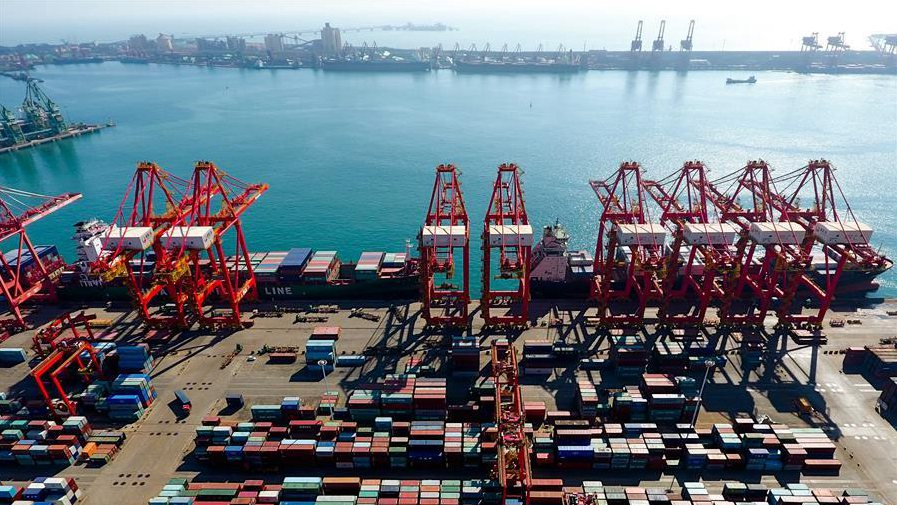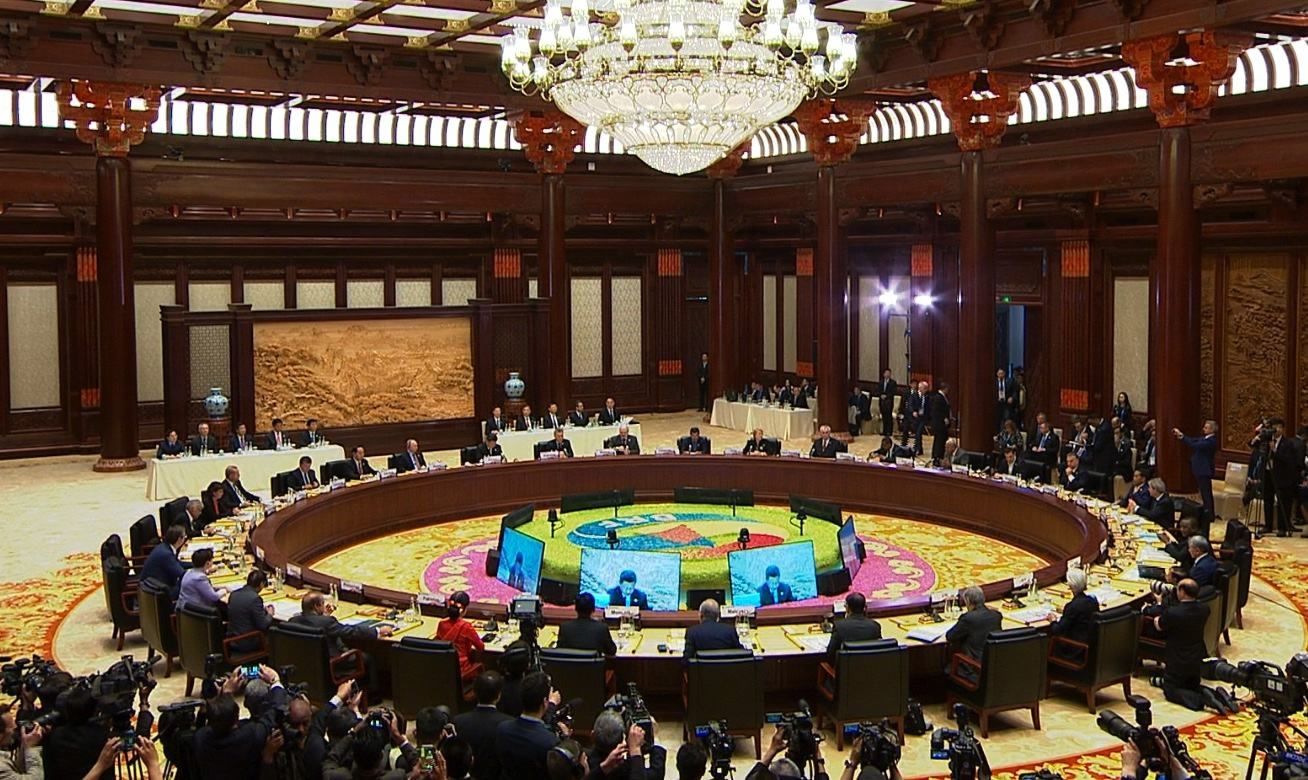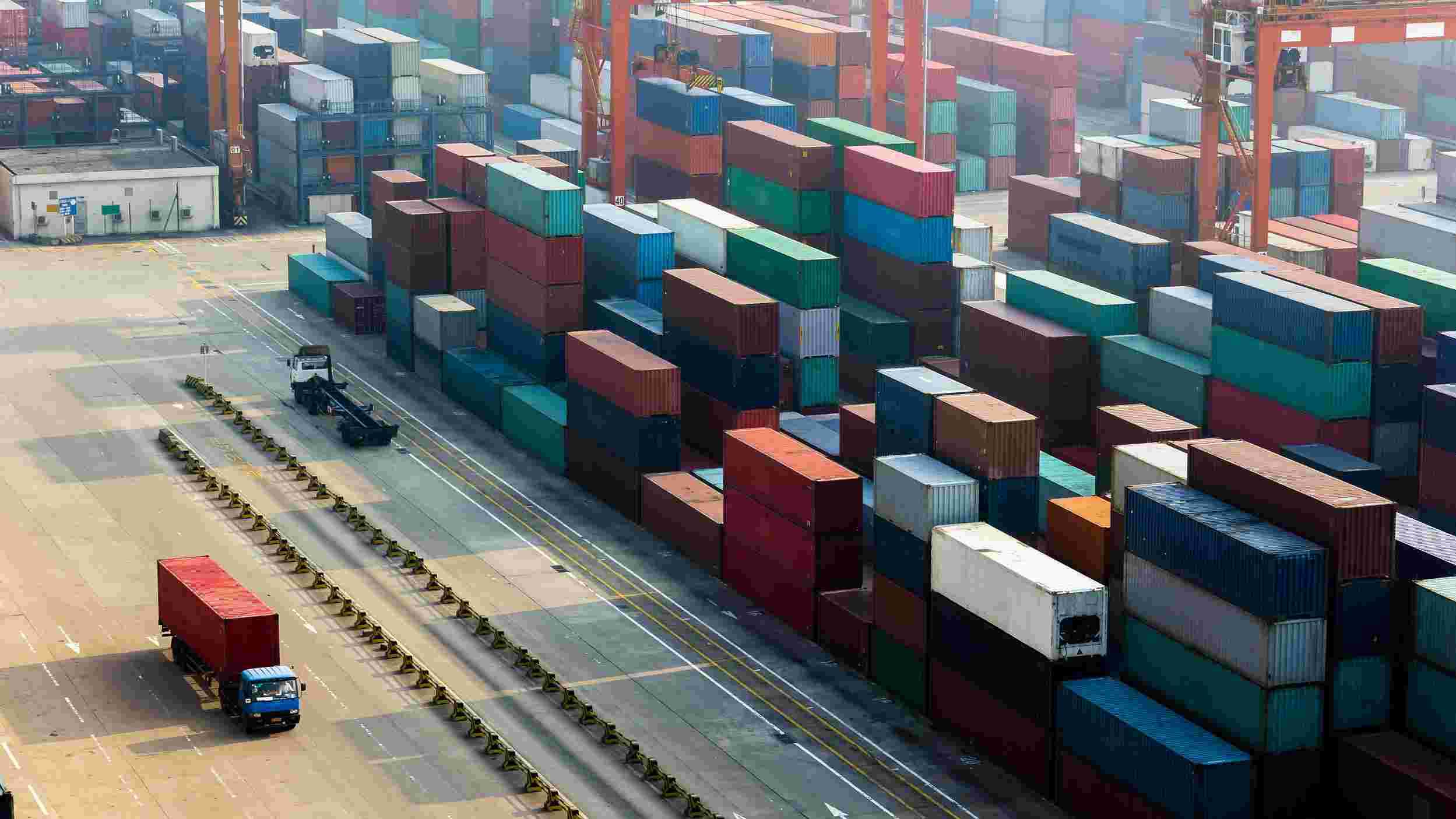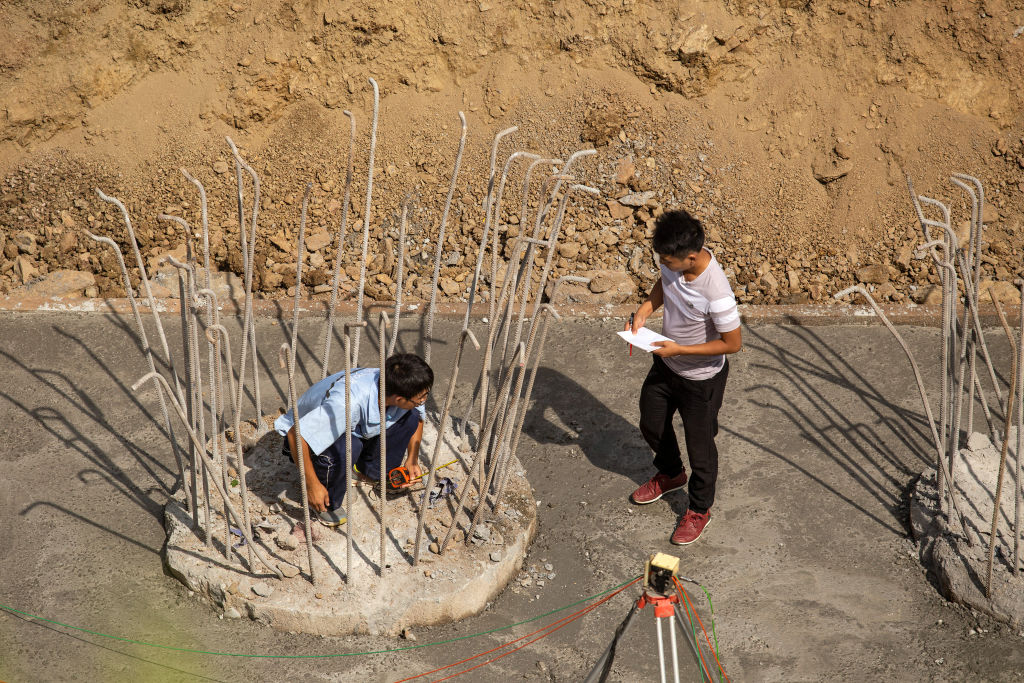
Opinion
08:16, 22-Apr-2019
The goal of the BRI is to enhance economic growth worldwide
Tom Fowdy

Editor's note: Tom Fowdy is a British political and international relations analyst and a graduate of Durham and Oxford universities. He writes on topics pertaining to China, the DPRK, Britain and the U.S. The article reflects the author's opinion, and not necessarily the views of CGTN.
In just under a week’s time, China will host the second Belt and Road forum in Beijing. The massive multilateral meeting will see the leaders of 37 nations attend, including a number of western European countries. 126 more countries will send high-level delegations and representatives, and 29 NGO’s are also officially taking part.
The theme of the event will emphasize a "Shaping a Brighter Shared Future” through cooperation by the participating countries. The forum not only comes at a crucial point in the project’s development, refinement and consolidation on the international stage but at a time where there are large scale misinterpretations about what it truly means.
Some in the west have been quick to be cynical of the BRI and its intentions, not least of course in Washington D.C and in the mainstream media. They argue that the initiative is nothing more than a titular ambition for global hegemony on the part of Beijing. They describe it as “predatory” and have repeatedly tried to represent the project in exclusively negative discourses.

The Leaders' Roundtable Summit at the Belt and Road Forum for International Cooperation, Yanqi Lake International Convention Center, Beijing, December 18, 2017./ CGTN Photo
The Leaders' Roundtable Summit at the Belt and Road Forum for International Cooperation, Yanqi Lake International Convention Center, Beijing, December 18, 2017./ CGTN Photo
But this doesn't tell us what the BRI is truly all about, or for what matter where it came from. From China's perspective, Belt and Road Initiative is focused on securing the country's continuing development with the view of adapting to a more globalized economy.
It is a project that in turn recognizes the necessity of interdependence in global commerce and China's success is not just based on itself, but that of other countries as well. The negative imagery of "debt traps" and so on simply do not do justice to the real logic of the initiative.
In the 21st century, economics permeates national borders. We live in a world which is ever increasingly connected in a broad and encompassing web of trade, commerce, finance and all kinds of transactions.
Businesses are increasingly of an international character. They make rational choices in which markets to invest in outside of their respective countries, examining the potential conveniences, opportunities and of course risks.
Respective gaps in the form of inadequate communications, infrastructure, and national trade barriers become obstacles to what they can do, limiting, in turn, the flow of capital and the creation of jobs by dramatically raising the costs and diminishing the conveniences.
In this light, China is a country that has become extensively integrated into the global economic system. Owing to its sheer size and its reliance upon international markets as the primary facilitator of economic growth, the country's success from 1978 to the present has been rooted within its interaction with other countries, creating what can be described as "interdependence".
This, of course, works both ways; many countries around the world have simultaneously benefited from China. As a hub of manufacturing and an inexpensive import market, China's role enabled inexpensive consumption for the developed world and in turn contributed to low inflation, sustaining prosperity in the west.

A container crane is loading containers in Zhou Shan, Zhejiang Province. /CGTN Photo
A container crane is loading containers in Zhou Shan, Zhejiang Province. /CGTN Photo
Given this legacy, Beijing itself has been foremost to recognize that any future success to its economic system must come not only through its own initiatives, but that which are shared with others. China aims itself to become a consumer economy. It aims to transition from low-end manufacturing, to obtaining a tertiary (services) based structure, moving up the global value chain and focusing on higher-end exports.
But it cannot do this without others. If Chinese businesses are to gradually outsource low-end manufacturing, where will they go? And who will they go to? And how in addition can the country, developing consumerism, ensure that it has access (as described above) to cheap, convenient and unobstructed imports? As the World's second largest economy, these are big questions for the future; and rather than being a selfish initiative, pose big opportunities for others.
This is the logic of the Belt and Road initiative (BRI). Built upon the growing forces of globalization, international interdependence and continuing domestic economic growth, China has recognized its own prosperity lies strictly within the prosperity of others. Therefore, a massive drive to invest in infrastructure in other countries accordingly is the proposed solution.

The East Coast High-Speed Railway in Malaysia is under construction, April 15, 2019. /VCG Photo
The East Coast High-Speed Railway in Malaysia is under construction, April 15, 2019. /VCG Photo
By investing in new bridges, new railways, new ports, roads and so on, the goal of the BRI is to enhance economic growth throughout given regions of the world, by as noted above, enhancing the conveniences and opportunities of businesses to expand their markets and capital, accelerating interdependent economic growth between the related parties. For example, the East Coast High Speed Railway in Malaysia, renegotiated weeks ago, will be used to "accelerate exports of palm oil to China". This will make the country wealthier, which in turn will accelerate other trade and investment ties with China and create mutually interactive growth.
As a result, descriptions of the initiative that talk about it being “predatory” or “a debt trap” are simplistic. They rely on discourses, ideas, they do not give credit or analysis to the broader global economic trends and structural shifts within China which mandate its usage. There is, of course, a great deal of room for refinement and improvement, but to pour cynical bad faith accusations upon BRI do not make a meaningful assessment of at all.
The sheer scope of the upcoming summit in Beijing should be a reminder to those who dismiss the project outright that a significant proportion of the world sees value in participating in this. It is better BRI is understood as an effort to respond to the challenges of today's global economy in a view to the future, rather than to just write it off as a unilateral power grab.
(If you want to contribute and have specific expertise, please contact us at opinions@cgtn.com)

SITEMAP
Copyright © 2018 CGTN. Beijing ICP prepared NO.16065310-3
Copyright © 2018 CGTN. Beijing ICP prepared NO.16065310-3